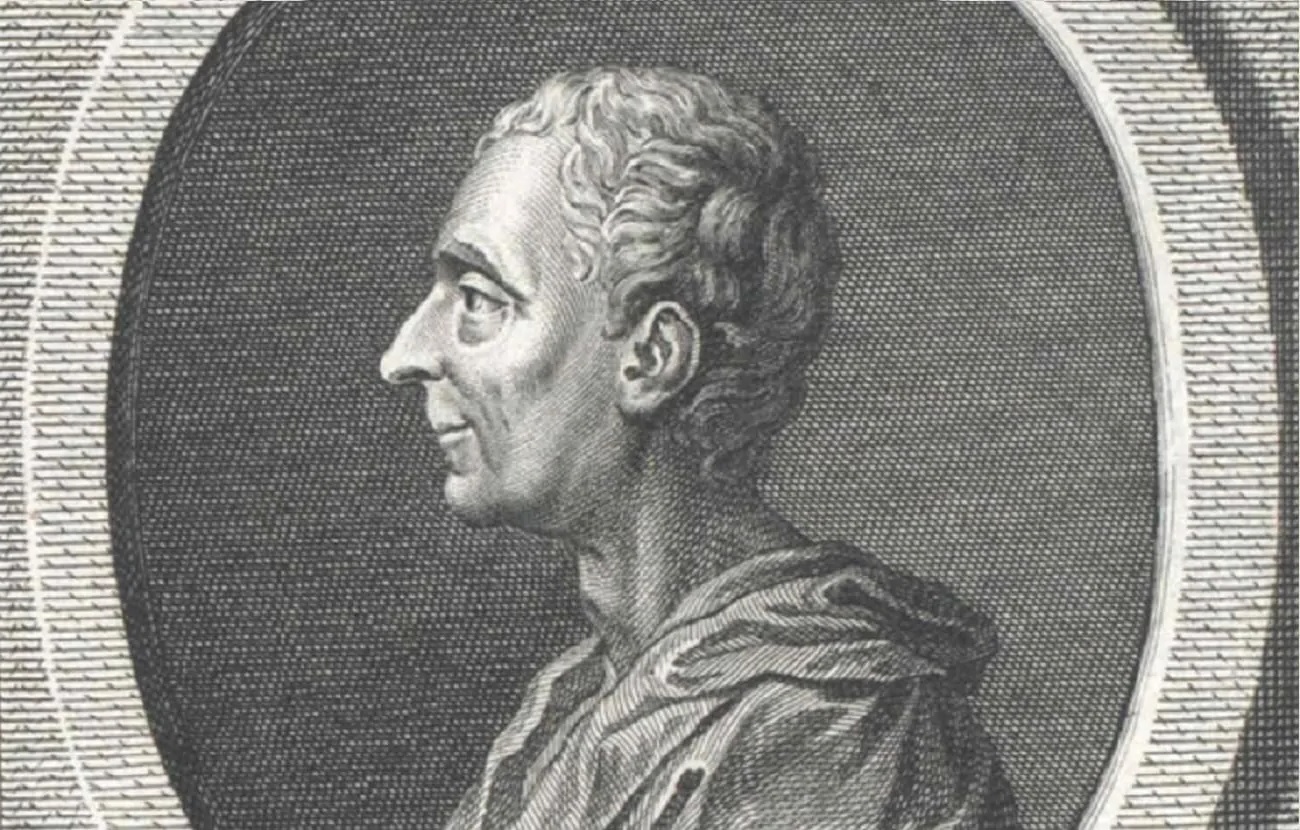
Who was Montesquieu? Charles-Louis de Secondat, Baron de La Brède et de Montesquieu, was a French judge, man of letters, and political philosopher. Born in 1689, he became famous for his articulation of the theory of separation of powers, which is implemented in many constitutions worldwide. Montesquieu's most notable work, "The Spirit of the Laws," published in 1748, profoundly influenced modern political science and the development of democratic institutions. His ideas on liberty, law, and governance continue to shape contemporary thought. Why is Montesquieu important? His contributions laid the groundwork for modern democracy, emphasizing the need for checks and balances within government systems.
Key Takeaways:
- Montesquieu, a French philosopher, shaped modern democracies with his idea of separating government powers into three branches: legislative, executive, and judicial.
- His influential works, like "The Spirit of the Laws," continue to inspire political systems worldwide, emphasizing individual freedoms and the rule of law.
Who Was Montesquieu?
Montesquieu, a French philosopher, was a key figure in the Enlightenment era. His ideas on government and society influenced many modern democratic systems. Let's dive into some fascinating facts about this influential thinker.
-
Born Charles-Louis de Secondat in 1689, he later adopted the title Baron de Montesquieu.
-
Montesquieu's most famous work, "The Spirit of the Laws," was published in 1748.
-
He introduced the idea of the separation of powers, which became a foundation for modern democracies.
-
Montesquieu's ideas greatly influenced the framers of the United States Constitution.
-
He believed that a government's power should be divided into three branches: legislative, executive, and judicial.
Montesquieu's Early Life
Understanding Montesquieu's early life helps us appreciate his later works. His upbringing and education played a significant role in shaping his philosophical ideas.
-
He was born into a noble family in the Château de la Brède near Bordeaux, France.
-
Montesquieu lost his mother at the age of seven, which deeply affected him.
-
He studied law at the University of Bordeaux and later practiced as a lawyer.
-
In 1716, he inherited his uncle's title and estate, becoming the Baron de Montesquieu.
-
His early education included a strong emphasis on classical literature and science.
Major Works and Contributions
Montesquieu's writings cover a wide range of topics, from politics to social issues. His works remain influential to this day.
-
"The Persian Letters," published in 1721, was a satirical critique of French society.
-
"The Spirit of the Laws" is considered his magnum opus, exploring various forms of government.
-
He argued that climate and geography influence the nature of governments and societies.
-
Montesquieu's ideas on checks and balances aimed to prevent any one branch of government from becoming too powerful.
-
He believed that political liberty could only be achieved through a system of laws.
Influence on Modern Political Thought
Montesquieu's theories have left a lasting impact on political systems around the world. His ideas continue to resonate in contemporary discussions on governance.
-
His concept of separation of powers inspired the structure of many modern constitutions.
-
Montesquieu's work influenced Enlightenment thinkers like Voltaire and Rousseau.
-
He advocated for the protection of individual freedoms and the rule of law.
-
Montesquieu's ideas were instrumental in shaping the French Revolution's political philosophy.
-
His thoughts on despotism and tyranny warned against the dangers of absolute power.
Personal Life and Legacy
Montesquieu's personal life was as intriguing as his professional achievements. His legacy endures through his contributions to political theory and philosophy.
-
He married Jeanne de Lartigue, a Protestant, in 1715, and they had three children.
-
Montesquieu traveled extensively across Europe, gathering insights for his writings.
-
He passed away in 1755, but his ideas continue to influence political thought and democratic principles worldwide.
Montesquieu's Lasting Impact
Montesquieu's ideas still shape our world today. His thoughts on separation of powers influenced many modern democracies. By dividing government into branches, he aimed to prevent any one group from gaining too much control. This concept is a cornerstone of many constitutions, including the United States.
His work, "The Spirit of the Laws," remains a key text in political theory. Montesquieu's observations on climate and culture affecting laws were groundbreaking. He believed that laws should fit the people they govern, not the other way around.
Montesquieu also championed liberty and justice. He argued that a fair legal system is essential for freedom. His ideas pushed for reforms that made societies more just and equitable.
Understanding Montesquieu helps us appreciate the foundations of modern governance. His legacy reminds us of the importance of balance, fairness, and adapting laws to serve the people.
Frequently Asked Questions
Was this page helpful?
Our commitment to delivering trustworthy and engaging content is at the heart of what we do. Each fact on our site is contributed by real users like you, bringing a wealth of diverse insights and information. To ensure the highest standards of accuracy and reliability, our dedicated editors meticulously review each submission. This process guarantees that the facts we share are not only fascinating but also credible. Trust in our commitment to quality and authenticity as you explore and learn with us.
